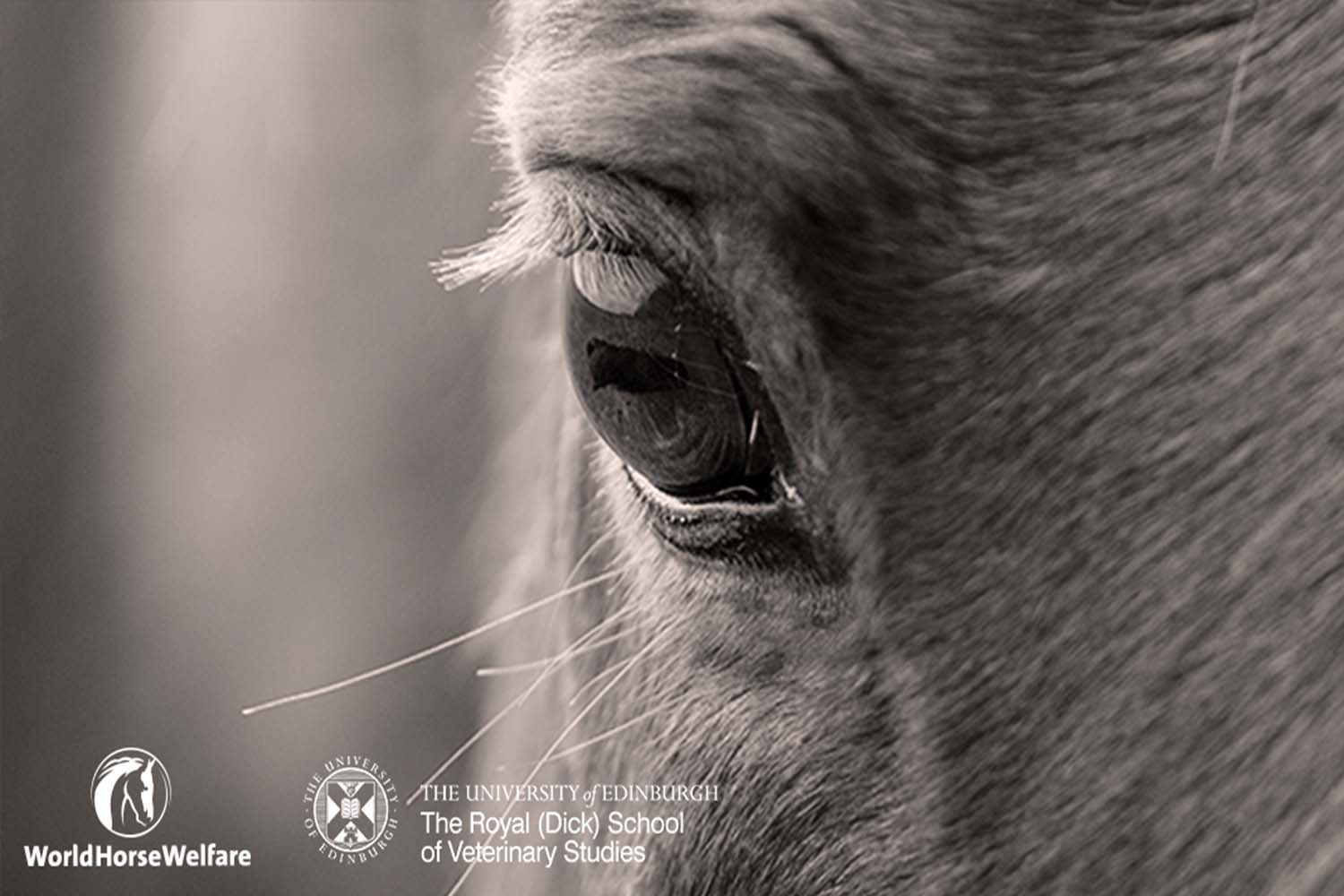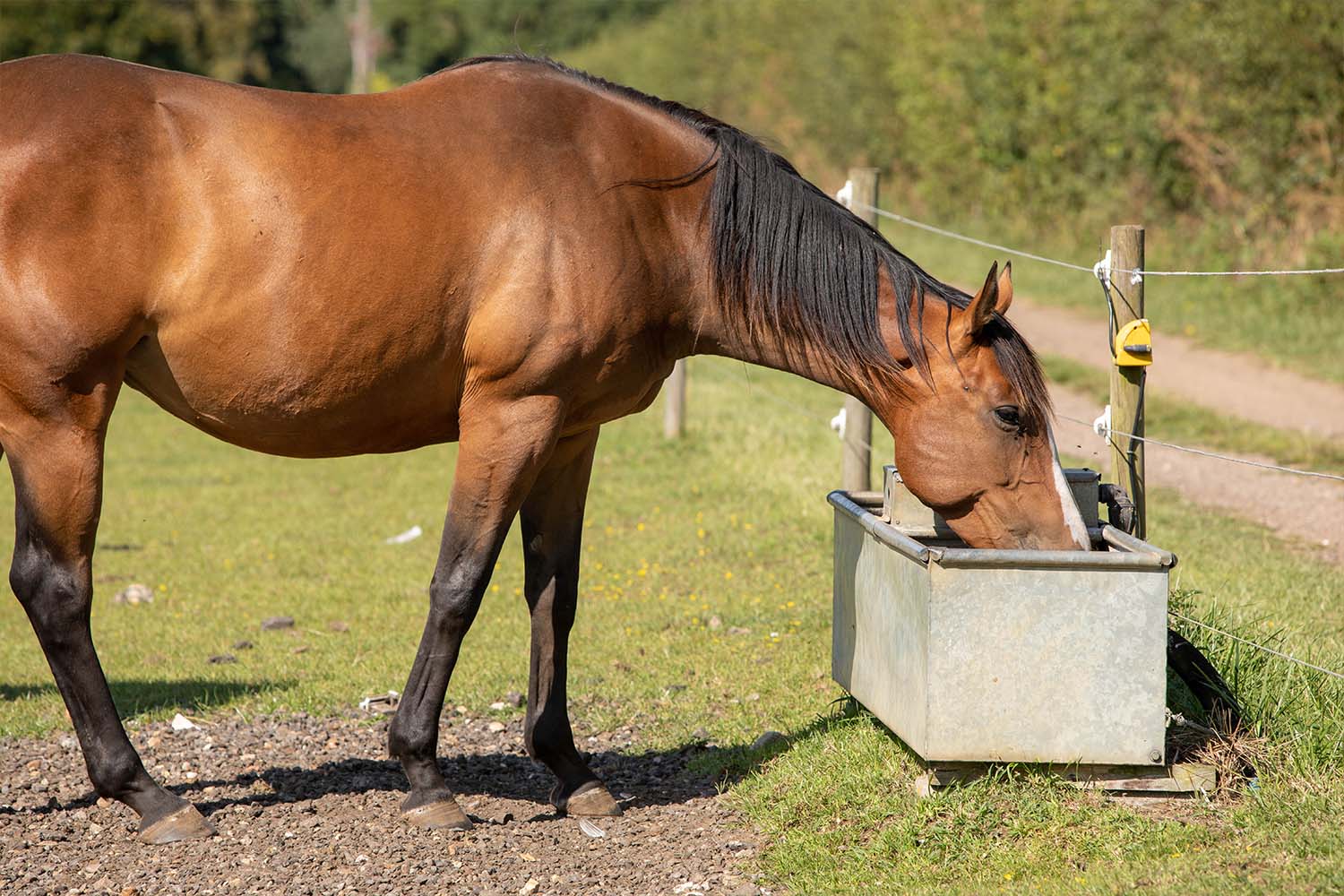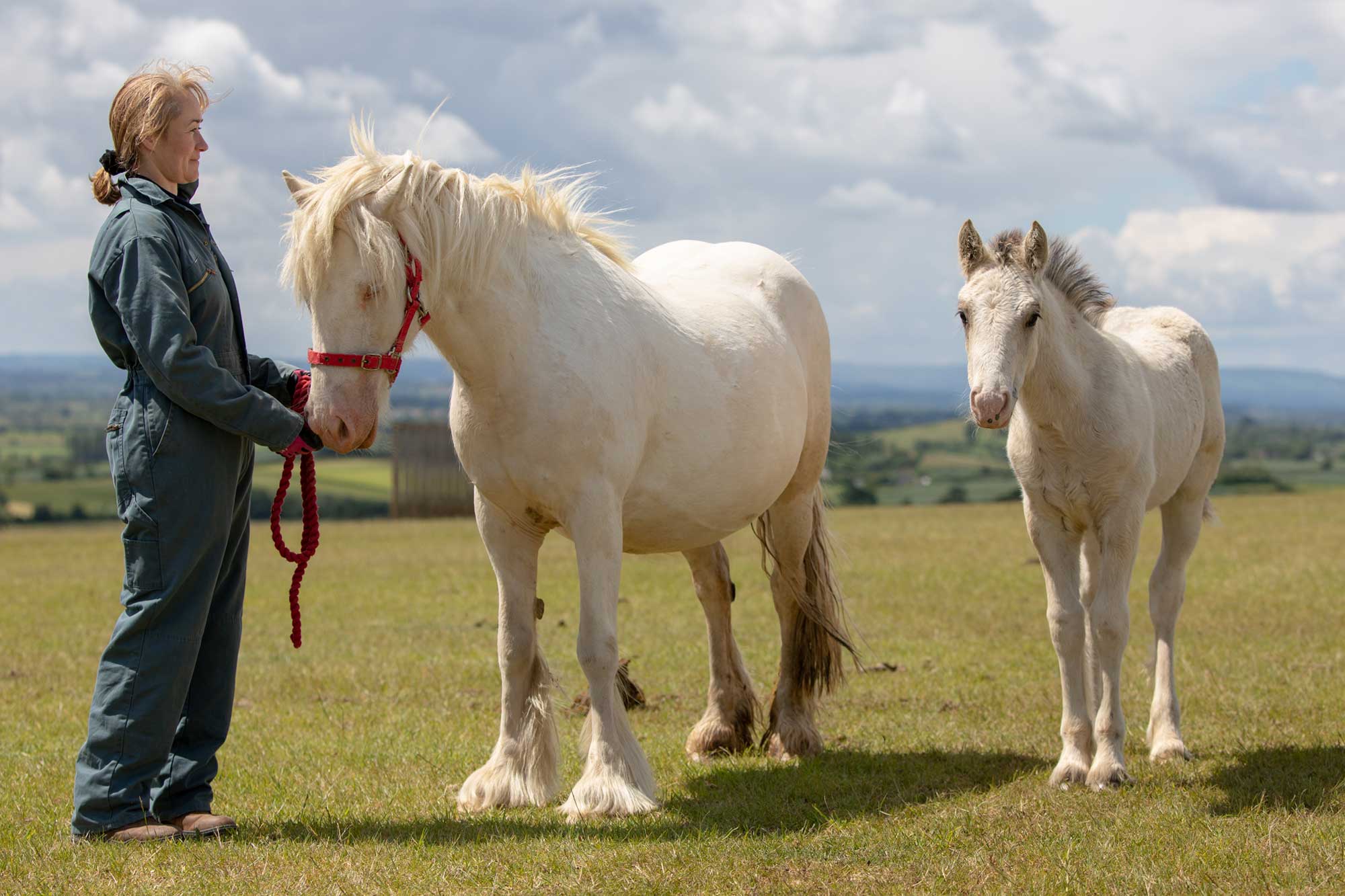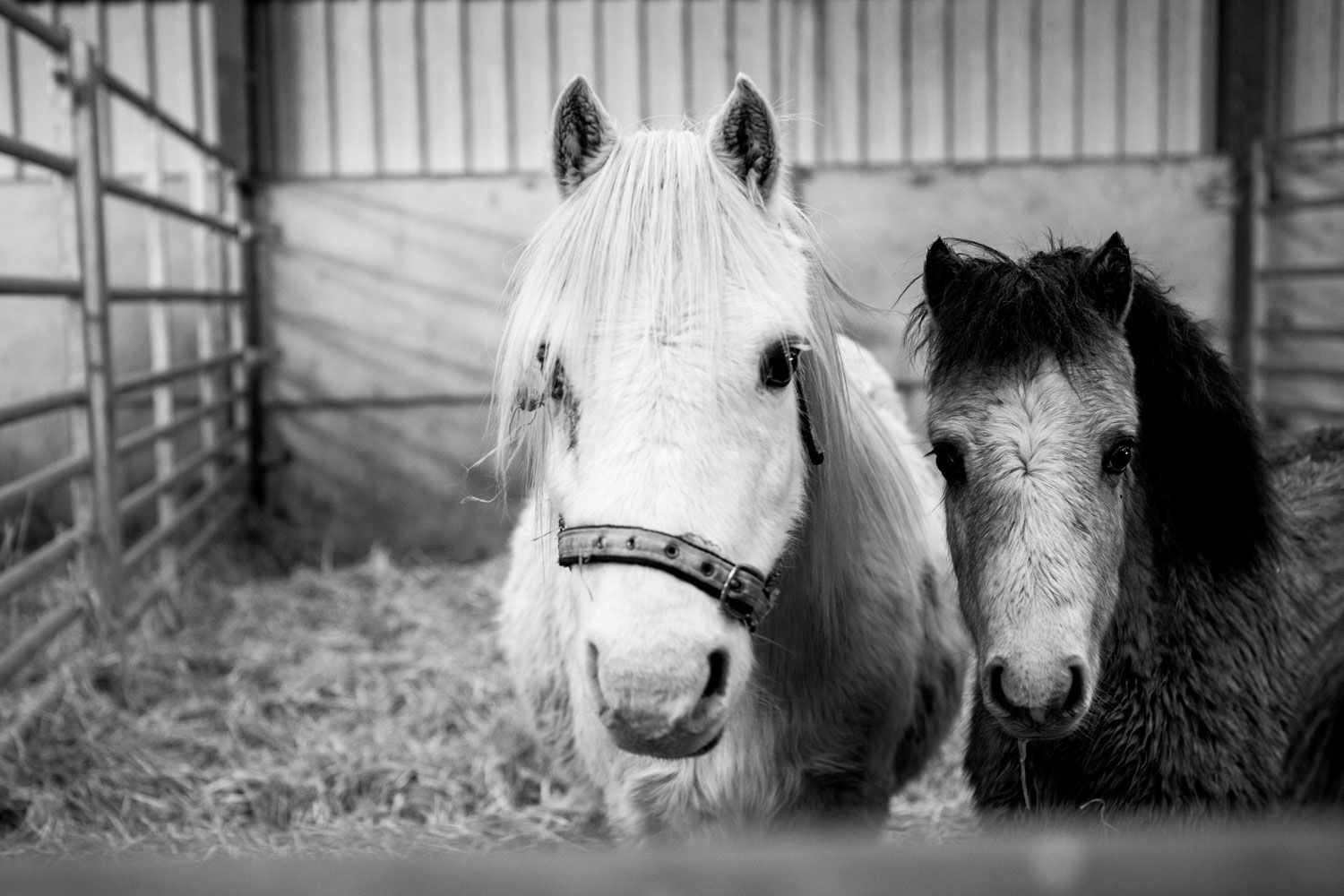If so, we’d like to know what interests you about horses, what you want to learn more about and what your opinions are.
Posted on 24/11/2021

World Horse Welfare and the University of Edinburgh’s Royal (Dick) School of Veterinary Studies have developed a short survey and are encouraging anyone who is interested in horses to complete it.
The information gathered will be used to design future educational material about horses and to focus research on areas of particular interest. It is not necessary to own a horse, or even to be involved in the equine industry, to participate in the survey, which is anonymous, only takes around 15 minutes to complete, and is available worldwide. Survey respondents need only be over the age of 18 and have an interest in horses. The survey is live now and will be available until 18 December, although this may be extended.
Dr Tamsin Coombs, Programme Director for the MSc Applied Animal Behaviour and Animal Welfare at the Royal (Dick) School of Veterinary Studies, Edinburgh said: “We at the Jeanne Marchig International Centre for Animal Welfare Education felt that it was important to work with World Horse Welfare on this project as it will hopefully enable us to better understand where equine stakeholders’ needs, interests and priorities lie and therefore guide future research and educational programmes with the ultimate aim of improving equine welfare.”
Anyone taking part is encouraged to share it widely to ensure as many people as possible have the opportunity to take the survey and contribute towards identifying priorities for future education and helping to focus research on areas of particular interest.
Topics
Related News


World Horse Welfare highlights the significance of the world’s most extensive equine surfaces study
World Horse Welfare Chief Executive Roly Owers lends his support to the world’s most extensive study into the effect of arena surfaces on the orthopaedic health of sport horses (in the seven FEI disciplines and in racing).
Recommended Blog Posts

What does biosecurity mean and how do you quarantine a new horse?
Research and Education Officer Alana Chapman shares simple steps you can take to prevent an outbreak of disease on your yard.

Why do horses come into our care? Is that the only successful outcome of a case?
Chief Field Officer Claire Gordon explains how horses and ponies can come into our care for all kinds of reasons and from all kinds of situations.

Is it acceptable to use a whip on a horse?
With use of the whip becoming an increasingly hot topic, we all need to decide whether this is indeed acceptable – and, if so, why, how, and when?
Enjoy reading stories like this?
Join over 55,000 other horse lovers and sign up for our email newsletter

Join over 55,000 other horse lovers and sign up for our email newsletter
Sign me up now